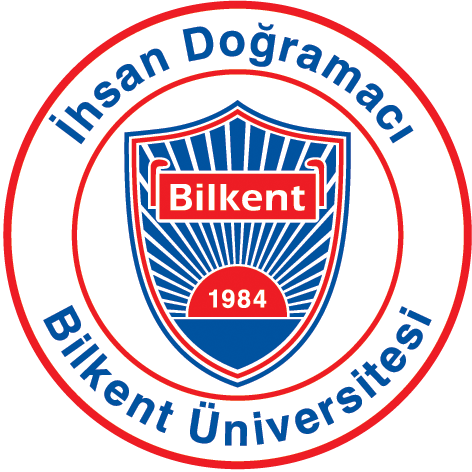Our undergraduate students can start working with a faculty member in a field they are interested in, starting from their second year. These studies give fruitful results particularly in the junior and senior years. Through these studies, our students participate in research and gain experience in writing articles during their undergraduate education. Students can also perform these studies within the scope of elective courses (CS390 Individual Research Study and CS490 Senior Research Project) that are part of the curriculum.
In the Spring 2024 semester, a total of 20 students took CS390 and CS490. The final presentations were held on May 23-24, 2024. We congratulate all our students for their successful completion of these research projects.

CS390 Projects:
- Enhancing Pull Request Reviews: A Machine Learning Approach to Detecting Inconsistencies Between Issue Descriptions and Code Changes
- Transformer Models for RNA Sequence Generation: Comparing T5 and GPT-2 in Protein Binding
- A Hybrid Approach to Bug Localization: Combining CodeBERT and IR Techniques for Improved Bug Inducing Commit Identification
- A Multilevel Approach to Independent Task Assignment for LLM Training and Web Crawling
- A Deep Learning Model For Human Body Motion
- Human-robot interaction
- Unsupervised Concept Drift Detection in Multi-Label Data Streams Using Label Clustering
- Conversational Agent: VR Socrates PhilFest
- Bug Report Categorization Analysis Using Large Language Models
- Contrastive Learning and VAE-Enhanced Multiscale GNN for CPI Prediction
CS490 Projects:
- Benchmarking Metagenomic Sketching and Sampling Algorithms for Use on NVIDIA Jetsons Nano
- Crop Residue Burning Mapping with Remote Sensing Satellite Data
- Automated Unit Test Generation via LLMs Based On Pull Request Changes
- Hypergraph Partitioning Based Methods for Balancing Both Task and Data Processing
- Devotion: A Framework for Measuring Developer Code Persistence through Stickiness Scores
- Privacy Preserving Normalization in Federated Learning
- Graph partitioning techniques
- Sharing genomic data with privacy protection
- QuickBL: Platform Independent Bug Localization Framework
- Beyond Trial and Error: A Framework for Adaptive Exploration and Efficient Learning in Stochastic Environments
